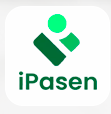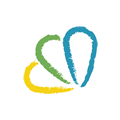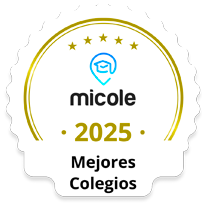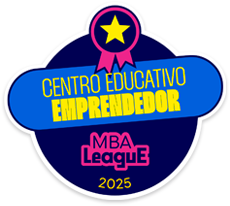Primary Second Cycle
Welcome to Primary Second Cycle at Platero Green School. The information is structured as follows:
Methodology
Primary Second Cycle methodology is structured in different flaps. Click on the one you want to read and it will be unfolded and click again to close it.
The main features of this cycle are:
Between 8 and 10 years old.
Our classrooms are organized into subject enrichment areas. These areas are replicated in every classroom and both students and pupils use them on a daily basis, whether it be to consolidate certain aspects of the subject content or expand on work carried out in class.
The use of these areas is factored into our time-management plan, and they are adapted to suit all students, with a enough resources to cover a wide variety of interests.
Adjacent to the cycle’s classrooms, we have a comprehensive resource bank, which is managed by teachers in consonance with the content that is being developed. This means that the resources are renewed as the school year progresses.
Depending on the task that is going to take place, teachers will decide on the type of desk and chair distribution in the classroom. Generally, desks are set out in small groups, both for cooperative and individual learning sessions. This type of seating is key to foster peer collaboration.
Teachers aim to configure balanced groups. The richer the variety of interests and needs, the richer the group experience. Whenever needed, once a term as standard, students change their position in the classroom. This intends to allow them all to interact and get to know each other throughout the cycle.
Work in Second Cycle is based on several aspects.
Firstly, we employ active methodologies in all the subject areas we teach. These methodologies help students to acquire the knowledge required based on diverse learning standards. Some of these are gamification, flipped classes, project-based learning… This means students can learn employing different routes.
The development of personal autonomy and self-esteem is key within this methodological structure. Only when students feel capable and are offered the tools to act accordingly will they be able to access learning with confidence and motivation.
Learning to read marks the beginning of the adventure of reading, an adventure which, luckily, never ends.
In Second Cycle the support of the family is crucial in achieving this goal. In class we promote reading habits through different work dynamics, so that they can learn to enjoy a good book. We don´t want to make reading a compulsory task, but what it should be, a relaxing moment where we can dive into a world of fantasy.
To help our students experience reading in this way, we motivate them by carrying out several reading activities throughout the school year. A student with a healthy reading habit will be capable of facing and overcoming a great number of challenges throughout their school life.
To nourish our reading we have a school library with large numbers of titles that are catalogued in the Seneca BiblioWerb portal, through which we can learn to use the municipal library system, as they both organize lending in the same way. We also have a classroom library, which is managed by the students themselves; and, for those moments of leisure in the playground, we have the “Bibliopatio” (playground library).
In Natural Sciences, Social Sciences and Physical Education.
The main objective of bilingualism in the Second Cycle of Primary is the immersion in the English language. To this end, and without prejudice to the respective subject objectives, we propose parallelly, a progressive contact and development of our students’ communicative skills in English. All four linguistic skills are developed: listening, speaking, reading and writing. New elements are always introduced orally, with visual aids to support understanding. Reading and writing is introduced gradually in our cycle: initially, to support and consolidate language learning; and later, as an autonomous skill.
In Second Cycle, work on emotional education has become, for several years now, one of the main driving forces behind learning in the classroom.
Through emotional education, students learn to recognise and manage their emotions, employing this knowledge to interact with others.
To work on emotions in the classroom we consider four factors:
- Firstly, we conduct weekly sessions that begin with the following question: “How do I feel today?” Through these interventions, students gradually open up and share their personal experiences, conveying how they feel or have felt in certain circumstances. This helps greatly to develop empathy, as they can see themselves reflected in many of the situations described by their peers.
- Secondly, once a month, we work on specific emotions that emerge as a result of the students’ everyday experiences.
- Thirdly, during the weekly assembly, we work on the resolution of conflicts, in which, once again, empathy and emotional dialogue are the central thread, learning how to put ourselves in the place of others.
- Finally, one of the workshops carried out in the cycle we work on basic emotions through several activities: handy crafts, cooperative games, video forums and micro theatres.
All this emotional work rests on a solid base conformed by the teachers of the cycle, a base who have followed an emotional education programme in which the school’s programme for values education converges with the theories and practises of Mar Romera and Alberto Ortega, who have both nourished us through various learning and development courses.
Environmental Education permeates everything we do at our school, we don´t work on it in any particular way, we live it in every possible way. Respect for the environment is experimented and learnt by respecting our immediate surroundings.
Recycling, caring for our surroundings, fostering healthy habits, working in our allotment, and the experiences gained from field trips and camping, the correct management of energy, water and valuable resources such as paper… all these things configure our experiences, building a shared conscience which we hope reaches our community, and subsequently our planet. Educating people to be conscious and feel responsible for our planet is the best way to saveSecond Cycle Classrooms have:
- Velleda Whiteboard.
- PC.
- Projector.
- Speakers.
- Internet access.
In addition, students can work in both of the IT classrooms, make use of the portable classroom (20 laptops) in their own class and develop projects through the mobile classroom, video cameras and other digital resources.
These resources enable interactive learning, data searches, product creation, etc.
The companies that publish the textbooks we use provide us with digital resources which we can access both in the classroom and at home. They are useful, fun based and motivating resources which can be projected in the classroom and usually serve as a platform to access new content.
The use of ICTE in the classroom improves inclusive learning, attending to diversity in a simple way, becoming one of the most important strategies in Universal Design for Learning.
Our premise is that learning isn’t only constructed in the classroom, but also outside school, in everyday life and through the various homework tasks and activities. Nevertheless, we are aware that homework should mainly focus on the development of competences, that is, it should put their knowledge into action and be useful for real life not just for school. To this end, just like with everything that has to do with education, it is essential that teachers, students and families work together very closely.
In line with our thoughts expressed on tasks and activities, and in agreement with the entire school community whose contribution supports our growth, our proposal for these school year presents the following characteristics:
TASKS
- Based on experiences, investigations and meaningful experiments.
- They are interdisciplinary whenever possible.
- They will be completed mainly in school time.
- Some types of investigation or actions at home can be requested to contribute to classwork.
ACTIVITIES
- They will only be for Spanish language, Maths and English.
- Students will be asked to do the equivalent of 1 worksheet per week, covering the main content by way of revision for the students and follow up for parents.
Finally, we will consider the importance of the following:
- Personal study: students will receive guidance on how to programme the study time they need.
- It is essential to allow sufficient time for creative writing and pleasure reading. Spanish language teachers will provide strategies to promote both activities.
- Always, and above all else, the individual treatment of each student will be the focus, attending to their personal needs in a professional manner.
Our assessment model is centred on the different implementation contexts, which provide us with the degree of achievement of the objectives set out in each of the subject areas, in which we always strive to guarantee that learning is competence-based.
Each subject has several contexts that provide teachers with information regarding what the students know, what they can do with what they know and their attitude towards what they know. Furthermore, these contexts are backed up by activities, tasks and projects, in which students prove their mastery of the learning acquired, thus developing their competence-based abilities and skills.
Each subject matter will be graded with a numerical score using assessment rubrics, based on the values extracted from the implementation contexts selected in each of the subject areas.
The educational community, through the School’s Annual Plan and website, is informed of the different contexts considered in the final assessment of each subject matterThe assembly is part of our school’s idiosyncrasy. Being, as we are, an educational cooperative, students also organize themselves and self-manage through the class assembly. Class assemblies occupy one session per week (oral expression).
One of the main principals is the distribution of tasks and responsibilities, which are democratically assigned in each class.
Likewise, in the assembly everybody has an assigned role:
- The class Secretary states the topics delt with in the previous assembly and takes the notes of the current one.
- The Chair explains the communication rules before starting and gives the floor to the speakers.
- All members of the class can put forward ideas, which are noted in the minutes of the meeting. When dealing with conflicts between two or more people or problematic situations, solutions are sought out and agreements are made, and will be revised in subsequent assemblies.
- Additionally, to encourage participation amongst students, and to foster a sense of belonging to the educational community, we invite them to put forward their “suggestions” on any topic they like. They can suggest improvements to issues relating to both their classroom or any other aspect of the school in general, such as the playground, canteen or specific classrooms.
- One of the most interesting and enjoyable moments of the assembly is that of the “compliment”, where anybody can freely compliment someone or the whole group on something they believe is significant.
- Previously, during the week, “cariñogramas” (affection notes) are collected in a mailbox. In these short notes they can address a schoolmate to give thanks, apologise, show their affection, congratulate, etc. To ensure that all the students receive “Cariñogramas”, every week the names of those who did not receive one will be written on the whiteboard, and their school mates have to make them one for the following week.
School outings are organized and sequenced based upon the projects that are carried out in the cycle. All outings are related to topics that allude to syllabus content.
There are short outings, in the morning, and long outings, lasting all day.
Before each outing a circular letter is sent so that the family can authorise the student and draft any necessary comments. The monetary amount of the outing will be stated on referred circular and will be collected by the tutor at the beginning and end of the school day.
A meeting with the families is held prior to the end-of-school camping event, where we explain the nature of the activity and resolve any individual queries. It is the most popular outing and something Platero Green School is renowned for, where the students share several days with their teachers, creating bonds and sharing many memorable moments.
The family is a key pilar of education during infancy. Family-school collaboration always enriches the process and provides ideas and energy to move forward.
The school provides various ways for families to communicate and participate:
- Learning platform: through our platform, families are not only informed of the students learning process, but also of the school’s organizational processes. Furthermore, it offers the possibility to be in contact with teachers.
- Classroom: through this online suit we share curricular resources with families that can facilitate home learning and enrich school experiences. It also allows us to stay close to those pupils who, for whatever reason, must stay at home temporarily.
- Social networks: through Facebook, Youtube and Instagram we provide families with a graphic view of the different activities that take place in school.
- PA: the parents association in our school is very committed and takes an active part in our internal organization.
- Family delegates: at the beginning of the school year, each class democratically elects a family who will act as a link with the class tutor, thus establishing an important channel for first-hand information and participation. This is important role enhances communication, the organization of activities and proposals amongst families.
- Parent meetings: at the beginning of the school year, the families and the assigned class tutor attend a group meeting. In this initial contact all the new school year details are presented, and any queries are answered. Additionally, throughout the year, individualized meetings (tutorials) are held upon request of the families or at the discretion of the tutor.
Teachers of this Cycle
Introduction
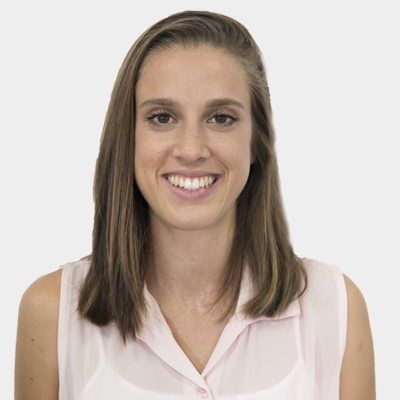
Ana Sánchez Cubo (Coordinator)
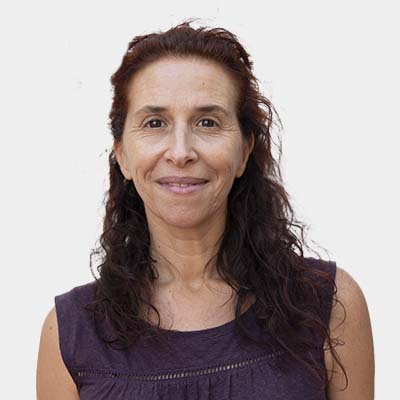
Reyes Andivia García
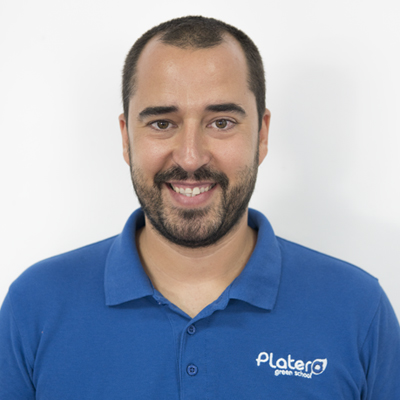
Carlos Rosa Martínez
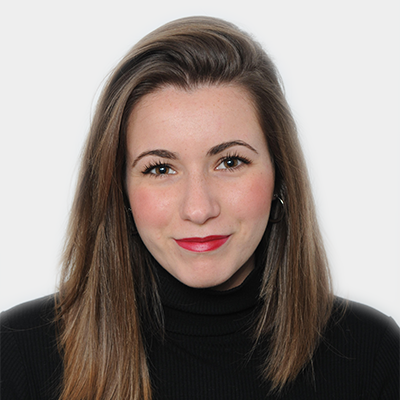
Mª del Mar García Gómez
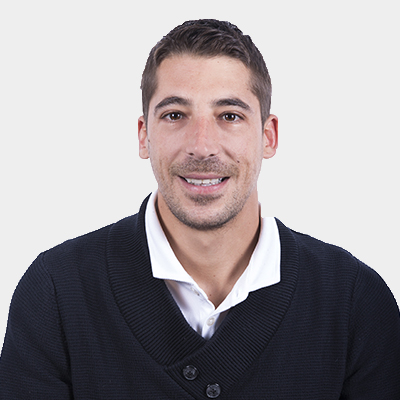
Rafael Clavero Sánchez
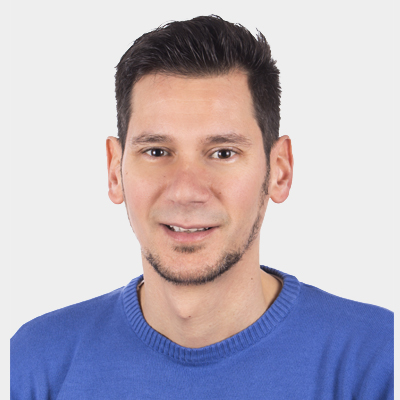
Sebastián Vílchez Milla
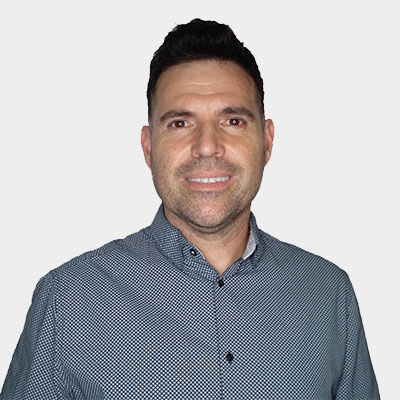
Salvador González Vázquez
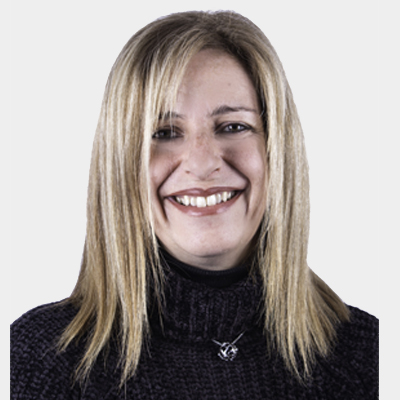
Olga Martínez Cuenca
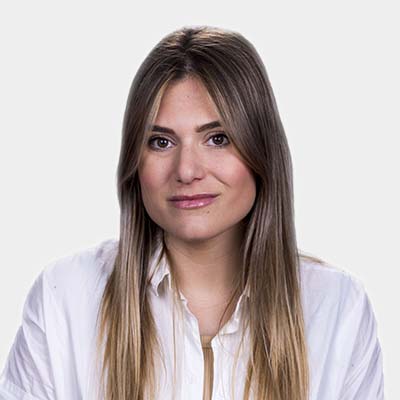
Alba Solano Jiménez
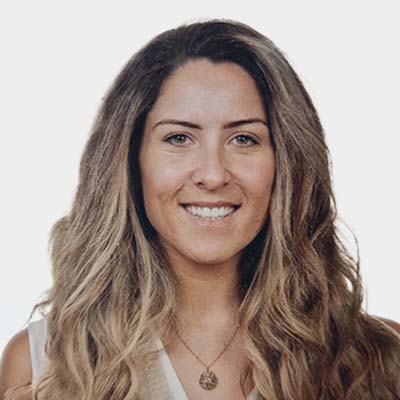
Argeme González Pizarro
School Trips
Course 2023/24
| Course | Date | Activity | |
|---|---|---|---|
| 3º y 4º | Alcazaba de Antequera y Dólmenes | ||
| 3º y 4º | La Térmica | ||
| 3º y 4º | Día de Andalucía (Algarrobo) | ||
| 3º y 4º | La Concepción Jardín Botánico- Histórico (Málaga | ||
| 3º y 4º | Centro Acuático de Málaga- Inacua | ||
| 3º y 4º | Ruta “Mirador El Cochino” | ||
| 3º y 4º | Acampada “Cortijo Frías” (Córdoba) |
Textbooks Course 2025/2026
3rd Primary year
| Subjects | Books Title | Publishing House |
|---|---|---|
| Conocimiento del medio | Conocimiento del Medio. Operación mundo | Anaya |
| Educación Física | Educación Física 3 | Anaya |
| Lengua | Lengua 3º de Primaria. Rutas | Anaya |
| Matemáticas | Matemáticas 3º de Primaria. Rutas | Anaya |
| Música | Música. Operación Mundo | Anaya |
| Plástica | Plástica 3. Operación mundo | Anaya |
| Religión Católica | Religión 3. Operación mundo | Anaya |
| Inglés | Open Up 3 Class Book Pack+ALK with Class Book ebook | Oxford |
4th Primary year
| Subjects | Books Title | Publishing House |
|---|---|---|
| Conocimiento del medio | Conocimiento del Medio. Operación mundo | Anaya |
| Educación Física | Educación Física 4 | Anaya |
| Lengua | Lengua 4º de Primaria. Rutas | Anaya |
| Matemáticas | Matemáticas 4º de Primaria. Rutas | Anaya |
| Música | Música. Operación Mundo | Anaya |
| Plástica | Plástica 4. Operación mundo | Anaya |
| Religión Católica | Religión 4. Operación mundo | Anaya |
| Inglés | Open Up 4 Class Book Pack+ALK with Class Book ebook | Oxford |

